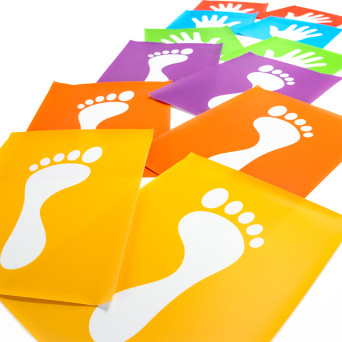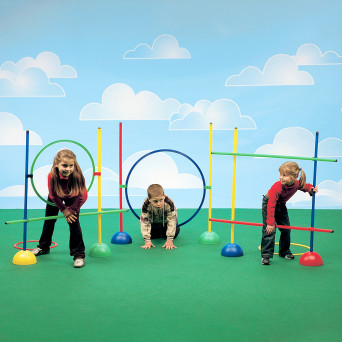
The Importance of Physical Education in Today's World
Physical Education (PE) is crucial in modern education due to its numerous benefits for physical and mental health. Regular physical activity in Gym classes helps prevent obesity, promotes healthy habits, and improves cardiovascular health. PE reduces stress, enhances mood, and boosts cognitive functions, contributing to better mental well-being.
Additionally, PE supports social development through team sports, teaching teamwork and communication skills, and building self-confidence. It combats sedentary lifestyles by encouraging movement and exercise. Overall, PE promotes a healthy lifestyle, prevents diseases, supports mental and social development, and prepares students for an active and healthy future.
The Importance of Physical Education in Today's World
In the contemporary world, Physical Education (PE) holds significant importance due to its numerous benefits for both physical and mental well-being. Here are several key reasons why PE is crucial in today's society:
Physical Health Benefits
-
Combatting Obesity. Regular physical activity helps prevent obesity, a growing concern worldwide. Engaging students in sports and exercises during PE classes promotes healthy weight management and reduces the risk of obesity-related diseases such as type 2 diabetes and heart disease .
-
Building Healthy Habits. PE encourages students to develop lifelong habits of regular physical activity. These habits, formed at a young age, can lead to sustained health benefits throughout life, including improved cardiovascular health, stronger muscles, and enhanced flexibility .
Mental Health and Emotional Well-being
-
Reducing Stress and Anxiety. Physical activity has been shown to reduce stress and anxiety levels. PE classes provide an outlet for students to release tension and stress, contributing to better mental health and emotional stability .
-
Enhancing Mood and Cognitive Function. Exercise stimulates the production of endorphins, which improve mood and act as natural stress relievers. Additionally, regular physical activity is linked to better cognitive function, enhancing concentration, memory, and academic performance.
Social and Developmental Benefits
-
Teamwork and Social Skills. PE classes often involve team sports and group activities, teaching students valuable social skills such as teamwork, communication, and cooperation. These experiences help students build friendships and improve their social interactions.
-
Building Self-esteem and Confidence. Participating in physical activities and achieving fitness goals can significantly boost students' self-esteem and confidence. Overcoming physical challenges and improving skills contribute to a sense of accomplishment and personal growth.
Addressing Sedentary Lifestyles
-
Counteracting Sedentary Behaviors. In an era where sedentary lifestyles are becoming increasingly common due to the prevalence of screen time and digital entertainment, PE plays a critical role in encouraging movement and physical activity. It helps students break away from prolonged sitting and engage in beneficial physical exercise.
-
Promoting Overall Well-being. PE promotes a holistic approach to health, encompassing physical, mental, and social well-being. It emphasizes the importance of a balanced lifestyle and encourages students to take care of their bodies and minds.
Physical Education is a vital component of the educational curriculum that contributes to the overall development of students. It not only promotes physical health but also enhances mental well-being, social skills, and lifelong healthy habits. Given the numerous benefits, PE is essential in helping students lead healthier, more active, and fulfilling lives.
















































































































































































































































































































































